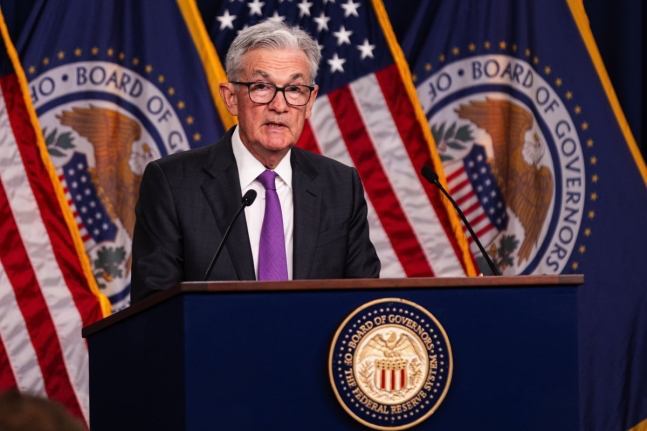
This is because investment funds that flowed into money market funds (MMF) are stuck even though investment capacity has increased due to the continued stock market rally.The Financial Times (FT) reported on the 1st (local time) that the amount of cash currently remaining in the U.S. short-term financial market amounts to $3.5 trillion based on data from the U.S. Association of Investment Companies (ICI). The figure showed a steady increase this year despite the stock market’s super strength.This is because the Fed’s 11 interest rate hikes since March last year have driven investment sentiment into deposit-type assets. When interest rates remain high, preference for safe assets such as MMF increases. According to financial market information provider Crane Data, MMF currently guarantees a return of more than 5%.This has led to a ‘liquidity drought’ in the asset management industry. While the S&P 500 Index is hitting a new high every day, a situation has been created in which it cannot make profits because it has no funds to roll. The fact that the rise in the U.S. stock market is concentrated on some technology stocks is also cited as a factor that makes active fund investment hesitant.

Rob Sharps, CEO of T-Row Price, an investment company that manages $1.4 trillion in funds, said, “A huge amount of money is being left unattended,” adding, “MMF yields have risen to levels that have not been seen in 15 years, and there are no favorable conditions for credit (company bonds, etc.) and stock investment.” “This is probably the worst situation for us,” he said. “Investors are waiting for the Fed to get out of the tightening pedal.”T-Row Price’s operating assets shrank by $20 billion in the second quarter. The company was pessimistic, saying, “We do not expect this trend to change positively until 2025.
Alliance Bernstein, a large operator that rolls $646 billion in funds, also experienced a net outflow of more than $3 billion during the same period. Seth Bernstein, CEO of Alliance Bernstein, said, “Investors are just waiting for the (Fed’s interest rate hike) to end,” adding, “They make money while waiting.”
There are also some signs that some investment funds will recover, mainly in fixed-income securities. Franklin Templeton, an investor specializing in fixed returns, drew $200 million worth of net inflows in the second quarter with an investment strategy that combines real estate, secondary markets, and multi-asset funds.However, the general view of the industry is that funds are likely to be leaked at any time depending on whether or not to raise additional interest rates. Inflow funds are also expected to flock to less-risk products such as passive funds and exchange-traded funds (ETF).

Active fund managers have already given up most of their market share to passive fund managers such as BlackRock and Vanguard last year, when market volatility soared. Analysts say that $7.3 billion worth of funds has also been withdrawn from Franklin Templeton, which has been “excellent,” failing to reverse the market trend.
CEO Sharps said, “This trend may continue for a while, but it will not be forever,” adding, “In the end, investors are bound to pursue higher returns than MMF.”
JULIE KIM
US ASIA JOURNAL



